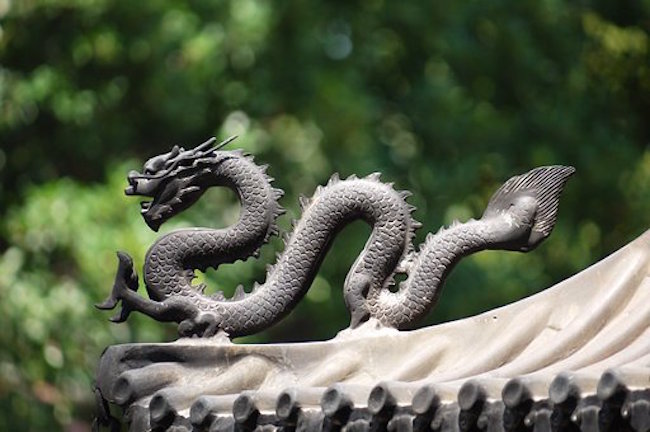9 Things You Should Know About Christianity and Communist China by Joe Carter for The Gospel Coalition
This week China celebrated the 70th anniversary of the founding of the People’s Republic of China. “There is no force that can shake the foundation of this great nation,” said China President Xi Jinping, as he stood at the gate of Tiananmen Square. “No force will be able to stop the steady march forward of the Chinese people and Chinese nation.”
Here are nine things you should know about the communist state and its historic opposition and suppression of the Christian faith:
1. After achieving victory in the Chinese Civil War, Mao Zedong established the People’s Republic of China as a Communist state and officially declared the country to be atheist. In 1958, Mao launched an economic and social campaign called the Great Leap Forward, which was intended to rapidly transform the agrarian country from into an industrialized socialist nation. The attempts to collectivize farming led to food shortages and the largest famine in history. During the three-year period of 1959 and 1961, between 15 million and 45 million Chinese died. Because of this policy failure, Mao’s influence in the Communist Party began to wane. He launched the Cultural Revolution in May 1966, in part to reassert his power and prestige within the party and the country.
2. The beginning of the Cultural Revolution is traced to May 16, 1966, when Mao issued a document that included “indictments” against his political foes. In what has become known as the “May 16 notification,” Mao claimed, “Those representatives of the bourgeoisie who have sneaked into the party, the government, the army, and various cultural circles are a bunch of counter-revolutionary revisionists.” Later that year the Communist Party issued the “Decision Concerning the Great Proletarian Cultural Revolution,” which outlined the chairman’s goals of eliminating education and religion, the main threats to Mao Zedong Thought. During the Cultural Revolution, notes Eleanor Albert of the Council of Foreign Relations, “places of worship were demolished, closed, or reappropriated and religious practices were banned.”
3. After Mao died in 1976 his successor, Deng Xiaoping, instituted reforms and reopened the country to outside influences. By 1980, the total number of Christians had risen to 4 million, and began to grow rapidly, due largely to rural “house churches.” Since then the estimated number of Christians in the country has grown at a rate of 10 percent per year. “In the post-Mao era, there has indeed been an explosive growth in Christianity, particularly in Protestants,” said Xi Lian, professor of Christianity at Duke University. “Its belief system has been able to compete favorably with Communist ideology.”




